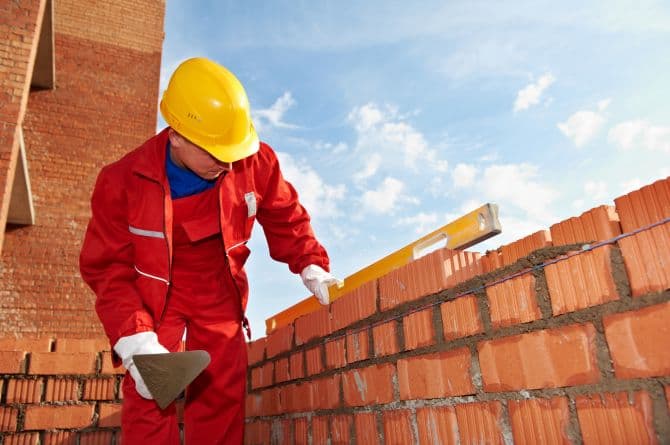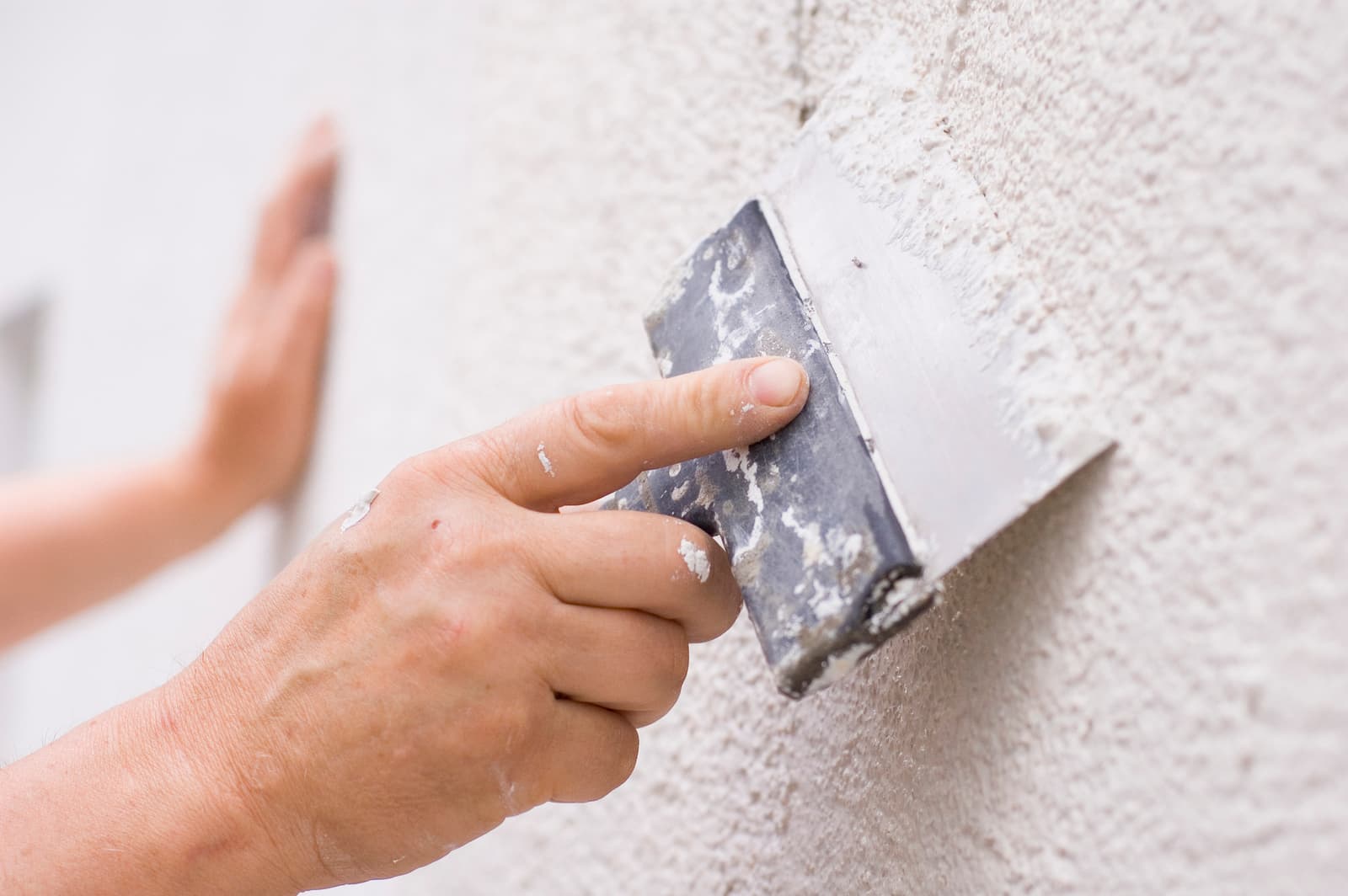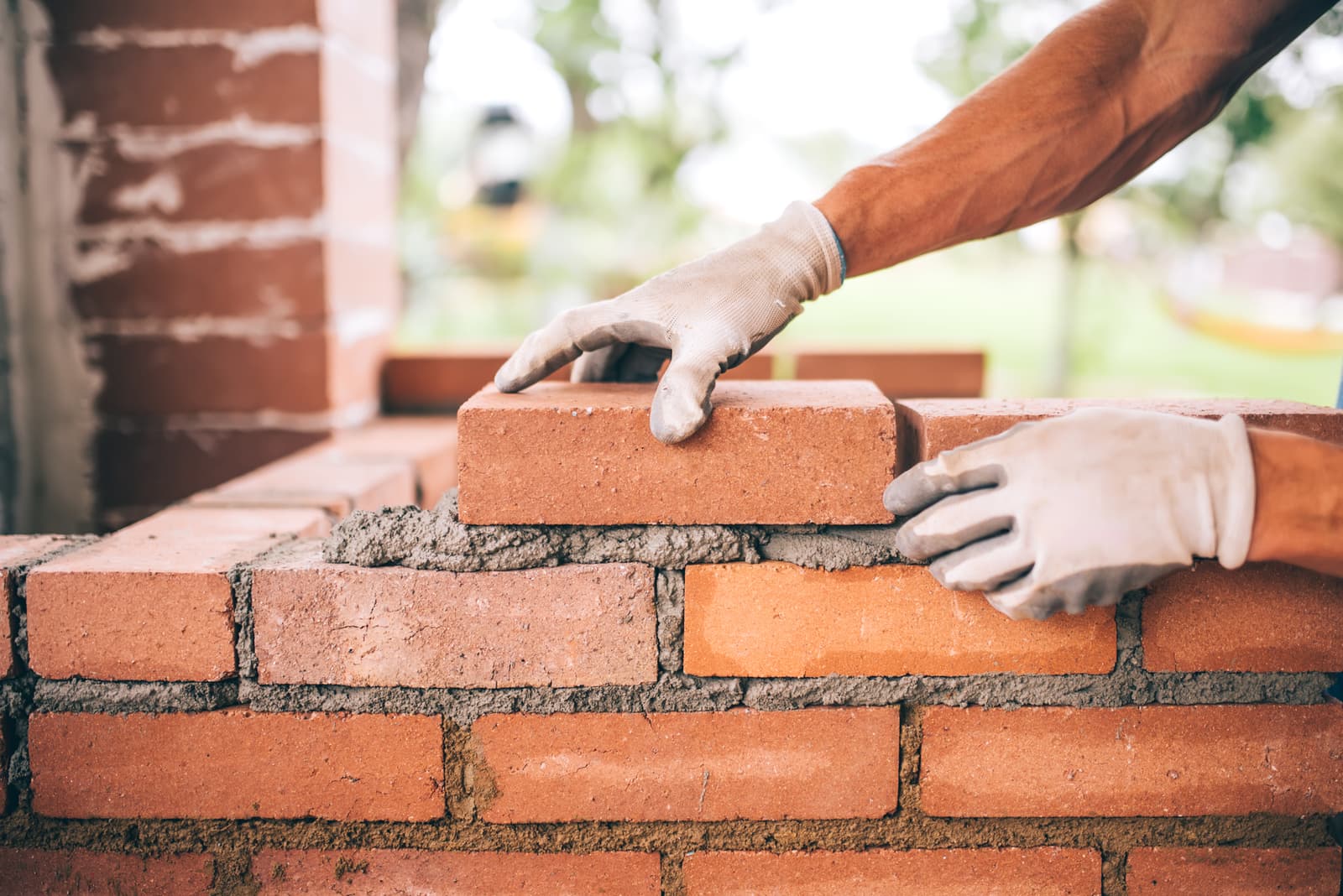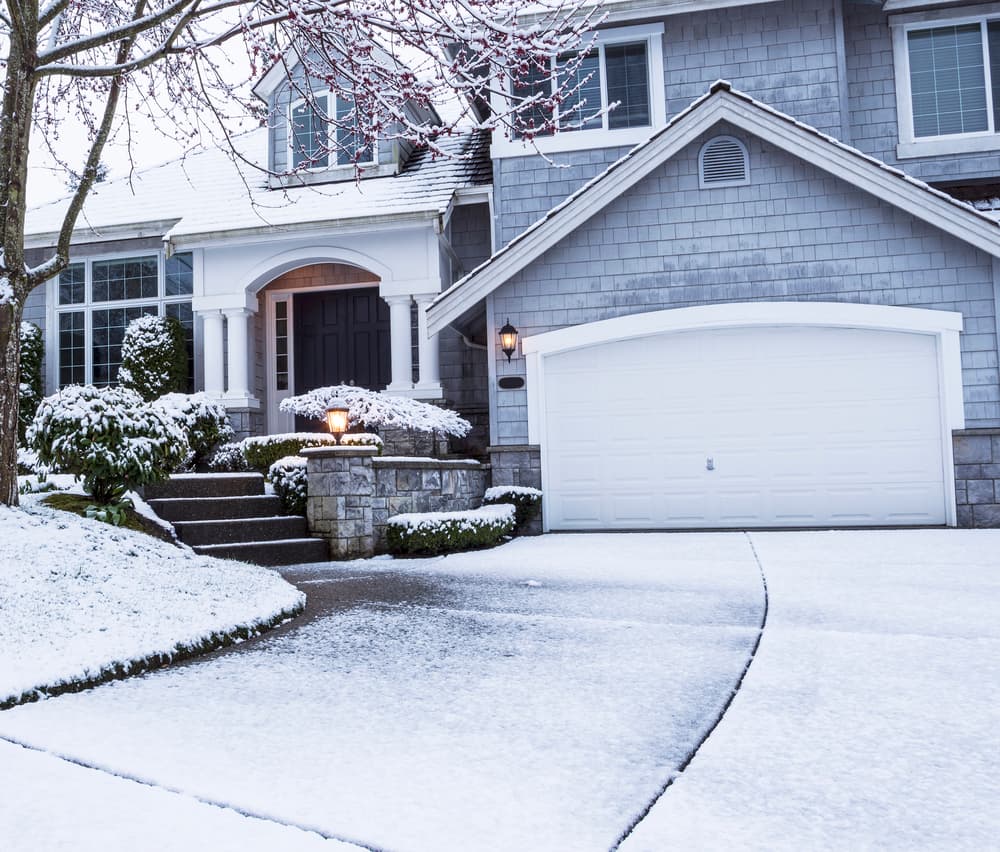
When you start building or renovating your house, you’re faced with many choices, especially in terms of land location, the type of house you want (or have), the types of materials to be used, etc. Regarding the latter, it's imperative to select quality masonry materials to have a solid foundation, which will withstand heavy loads and the test of time. That said, are you looking to make an informed decision about which products to use? This article will allow you to get an overview of the types, brands, and prices of commonly used masonry materials.
Masonry entails several techniques, all of which are used to build structures by connecting basic materials, bound or not by mortar. Masonry work can also include dressing stone surfaces, such as coating the masonry to prevent it from being damaged by external factors. There are several types of masonry materials. The most commonly used are mineral materials, such as concrete blocks, brick, or stone; vegetable materials, such as straw or peat; and organic elements, such as soil. Remember to consider binders, such as limestone, cement, clay, and plaster, which constitute mortar.
List of Materials Used for Masonry Work

Whether you DIY your construction project or outsource it to a contractor, the purchase of masonry materials is inevitable. Therefore, here’s a list of the most commonly used materials, followed by their characteristics.
Cement
Cement is a substance that cures when exposed to water or air. When added to water and fine sand, it results in mortar. With gravel, it forms concrete. Note that natural cement, such as plaster, and artificial cement (Portland cement) do exist. Cement should be used with great precaution, as it can damage your skin and is especially vulnerable to adverse weather conditions.
Concrete
Concrete is a must-have masonry material because of its strength, resistance, and reliability. Said substance is used for structural work, like pouring slabs. This material allows you to choose between cellular concrete walls (strong and lightweight) or reinforced concrete walls (twice as strong and stable).
Cinder blocks
This particular construction material is amongst the most popular (if not essential) masonry materials. Cinder brick is available in a block shape and is made of cement, gravel, sand, and water. Cinder blocks are valued for their durability and price/quality ratio. It’s a super solid material, resistant to fires, adverse weather conditions, and time. Furthermore, since this material is recyclable, it’s eco-friendly. However, cinder blocks have poor thermal insulation and lack soundproofing. Therefore, cinder block walls require thermal or sound insulation from within or from outside.
Brick
Brick is, for all intents and purposes, one of the most commonly used masonry materials in Quebec due to its resistance, which makes it a formidable ally against adverse weather conditions, such as Quebec’s harsh winters. With quasi-illimited durability, if properly laid, brick can remain unaffected for years. It’s a decent thermal and sound insulator that also preserves heat during winter, as well as cool temperatures during summer. Moreover, in due part to its aesthetically pleasing finish, brick doesn’t require additional exterior cladding, unlike other types of materials, namely cinder blocks.
In an interview done with Jonathan Barras, of Maçonnerie Élégance, he underlined the fact that there are several types of bricks used in masonry work: red brick, cement brick, clay brick, etc. The latter "can be laid regardless of the temperature and as a result, walls can be laid much faster [Editor’s note: Brick absorbs large quantities of water.]" However, note that it can be expensive to lay and highly polluting to manufacture. It's a good idea to make sure that the building's foundation can support the weight of bricks.
Gravel
This composite is made from a mixture of sand and gravel deposits. It’s available in various sizes and is used to manufacture lightweight or coarse concrete. When selecting the size of the gravel, consider the resistance you’d want to obtain.
Sand
This material is available on every construction site throughout Quebec as well as internationally. Sand is available in two varieties: fine and coarse. Coarse sand is used to make mortar sealant, while both types (coarse and fine) are needed to make tuckpointing mortar.
Natural stones
This material is ideal for those who want to add a traditional yet authentic touch to a structure. Stones can easily blend in with your interior and exterior decor. It's highly resistant and durable. However, it's tricky to install and isn’t readily available to everyone, given its higher price tag compared to other materials. Nevertheless, nowadays, stone cladding allows one to make stone walls without having to spend a ton of money.
Facade coating
Facade coating entails applying a layer of mortar to a structure’s front-facing wall to conceal construction flaws, unify, protect, or add some flair. It also serves as insulation and protects the walls against adverse weather conditions. Masons generally apply it with a grout applicator or trowel.
Mortar and Other Important Elements

There are several types of mortars available: Type N, which is used to lay bricks; Type S, used to lay cinder blocks; and a variety of other mortars, which include a range of products, such as mortar for glass blocks, polyurethane-based mortar, etc.
Barras asserts that two types of mortar are primarily used: Restomix and Betomix. The former contains less cement but has a higher concentration of limestone, making it more resistant to moisture, while the latter is more commonly used with old brick as it only contains a small amount of limestone and is tougher.
According to Barras, aside from the above-mentioned masonry materials, there’s also roof flashing to think about, which is used to ensure the impermeability between two different elements, thus preventing water from seeping into the house. Flashing can be made of zinc, aluminum, plastic, or galvanized steel. Also noteworthy is the air-barrier membrane, which prevents outside air from infiltrating the structure envelope, also straps, which are used to bind two masonry walls or used in small brickwork, and lastly, membranes. He also notes that in Quebec, "mortar isn't imported, it's purchased directly from stone and brick distributors.
Examples of Masonry Materials and Respective Prices

Sable Marco Type N Masonry Cement: It's mixed with sand and water and used to lay natural stone, bricks, and blocks. It's sold in 30 kg bags for $12.75.
Techniseal RG+ Polymeric Sand for residential paver jointing: Used for paving or slab-on-grade foundations over drainage beds. It helps prevent weed growth and resists erosion resulting from adverse weather conditions. Available for $21.99.
Sable Marco Instant Concrete: This pre-mixed concrete is recommended when embedding a pole in the ground and for time-sensitive construction projects. It's designed for all types of projects exceeding 2 inches and has a curing time of 30 minutes. It's available in 30 kg bags for $9.49.
Sable Marco Type N 1.1.6 Mortar: This is a professional-grade mortar mix for bricks and stones. It's marked by its strong adherence, impermeability, and resistance to freeze-thaw weather cycles. You can purchase the 30 kg bag for $7.29.
St-Marc Limestone: According to Barras, this brand of architectural stones is most often used to build heritage buildings and restore older structures in Quebec.
Tyvek/Canac Air-Barrier: Made of high-density polyethylene fibre, this material allows water vapour to escape from the building structure and is highly resistant to adverse weather conditions. Available on the market for $42.99 per 3' x 100' roll.
Firebrick: 4 ½ inches high, 9 inches long, and 1 ¼ inch wide. Available for $3.49.
Note that prior to purchasing any masonry materials, it's best to consider certain factors, such as the strength of the materials, their insulating capacities, as well as their eco-friendly aspects. Always plan for roughly 10% more building materials than estimated. This will ensure that you don't run out of materials throughout the construction process.
Cover image source: Depositphotos
Get 3 renovation quotes for your masonry project
RenoQuotes.com can help you get quotes for your masonry project. By submitting your project, we’ll put you in contact with top-rated contractors. Fill in the form on the homepage (it only takes a few minutes), and you will get estimates from trusted professionals.
Dial 1-844 828-1588 to speak with one of our customer service representatives.
Looking for something else?
Related articles
The latest industry news, interviews, technologies, and resources.

Léa Plourde-Archer
•07 Nov 2024
At first glance, the role of a general contractor can seem vague. Acting as a conductor of sorts for home renovation projects, general contractors are responsible for ensuring the successful completion of the project, making sure that the whole process runs smoothly.

Léa Plourde-Archer
•08 Nov 2023
Winters in Canada are long, gruelling and freezing cold. Living in this country, you quickly discover ways to adapt to sub-zero temperatures: you purchase a down-filled, well-built jacket alongside some heavy-duty boots, you dress in layers and make sure little to no skin is exposed.

Karine Dutemple
•04 Nov 2025
Summer is just around the corner, and for many, that means it’s time to start working on landscaping. If you’ve been searching for inspiration for several years to design the perfect yard, this could be the year your dreams finally come true.
Editorial Team
•15 Aug 2025
As a renovation contractor, are you already thinking about the overwhelming amount of jobs you’ll have during peak business periods? Albeit a busy, hectic schedule is nothing but good news, organizing your schedule accordingly may be a job on its own!

Editorial Team
•08 Nov 2023
If you’re living in a mobile home or you’re in possession of one for traveling, chances are you're already well aware of the benefits. A mobile home is a dream for nomads, travelers, and all those in between. If you’re one of the lucky ones who has access to a mobile home, you may feel a little bit stunned by the size of the structure.